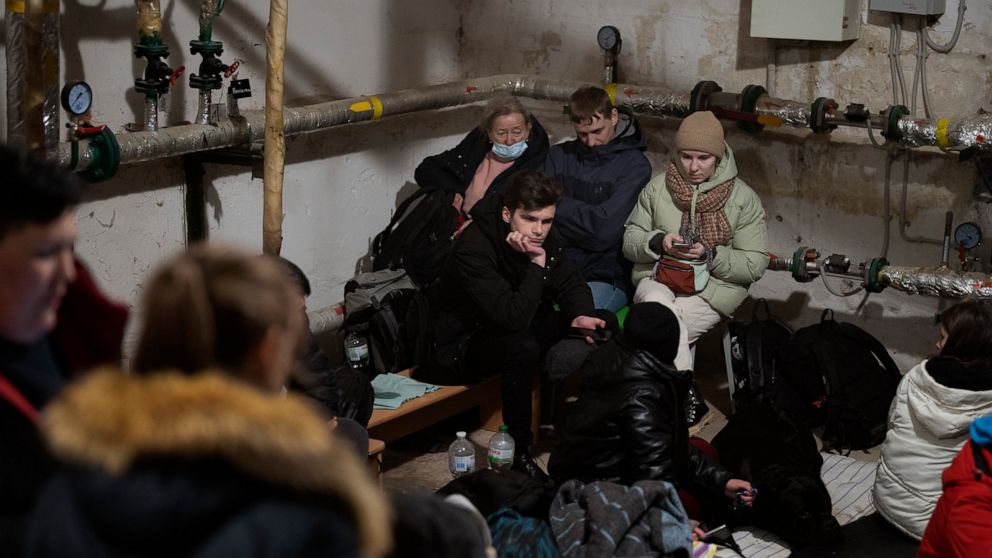Blog Post
Faith and Patriotism in a Besieged Kyiv
By Jonathon Van Maren
My phone buzzed early in the morning. It was a message from Darina Rebro, a Ukrainian journalist who writes for Christians for Ukraine and The European Conservative. “If you have Frodo’s phone number, please let him know the ring was supposed to be destroyed 7 days ago,” she joked. Darina is currently in Kyiv, which (at the time of writing this) is under siege by Vladimir Putin’s Russian forces. Despite this, as refugees pour through the border, many of those who chose to stay in Ukraine have managed to retain both their faith and their sense of humor.
Darina Rebro was born and raised in Kyiv, and she says it was a shock when it became clear that Putin intended to invade all of Ukraine rather than just the Crimea. The first morning of the war, her father woke her to tell her that there had been shelling a few metro stations away. While some chose to leave the city, Darina and her parents—both physicians—decided to stay, “because we strongly believe as Christians, we should be where the problem is. If God put us in the city and He let this situation happen, it is not because He wanted to immediately get us out. It’s because He wanted us to be helpful to our neighbors in this time.”
“It’s our motherland. I am who I am because I am Ukrainian,” Darina told me. “My mentality is shaped by the nation I grew up in. If my mother is assaulted and hurt by bandits, how can I leave her? How can I forgive myself after that?” Additionally, her grandparents are simply too old to leave. “They became fatalistic,” she said. “‘Go, leave us here to die.’ We told them: ‘You did not raise us this way. It’s your problem. You should have raised us to be selfish if you wanted us to leave.’”
Martin Iden, a Ukrainian who returned from Poland to fight for his country, has similar convictions. He has a vlog on YouTube where he discusses psychology, sociology, philosophy, and the history of ideas; now it has all become very real. Seeing the invasion of his country, Iden felt that he could not sit by. “If there is any meaning, it is in becoming someone who says how it should be, how it is right to be, taking the responsibility that is not to be refused,” he told me. “Because if I merely sit and observe what is going on, then in ten, twenty, forty years I will be on my deathbed—and what then? You can write ‘shit’ on my forehead with big letters, because it will be an objective evaluation of my life and convictions.”
Many civilians have taken up arms in national defense, identifiable by yellow tape on their shoulders (Darina says that with her eyesight, she’d likely shoot the wrong person if she accepted a gun). Those in Kyiv hear shelling, shooting, and sirens—bombs can be heard inside the shelters. “When the siren goes, it feels like you are part of some creepy game and you don’t know who will die, where there will be shelling, where they’re going to bomb,” Darina told me. “All you can do is just sit where you are and pray and hope that you are not the one who will die after the shelling. It is very scary. You immediately want to hide, to be in a completely different place.”
READ THE REST OF THIS COLUMN AT THE EUROPEAN CONSERVATIVE








